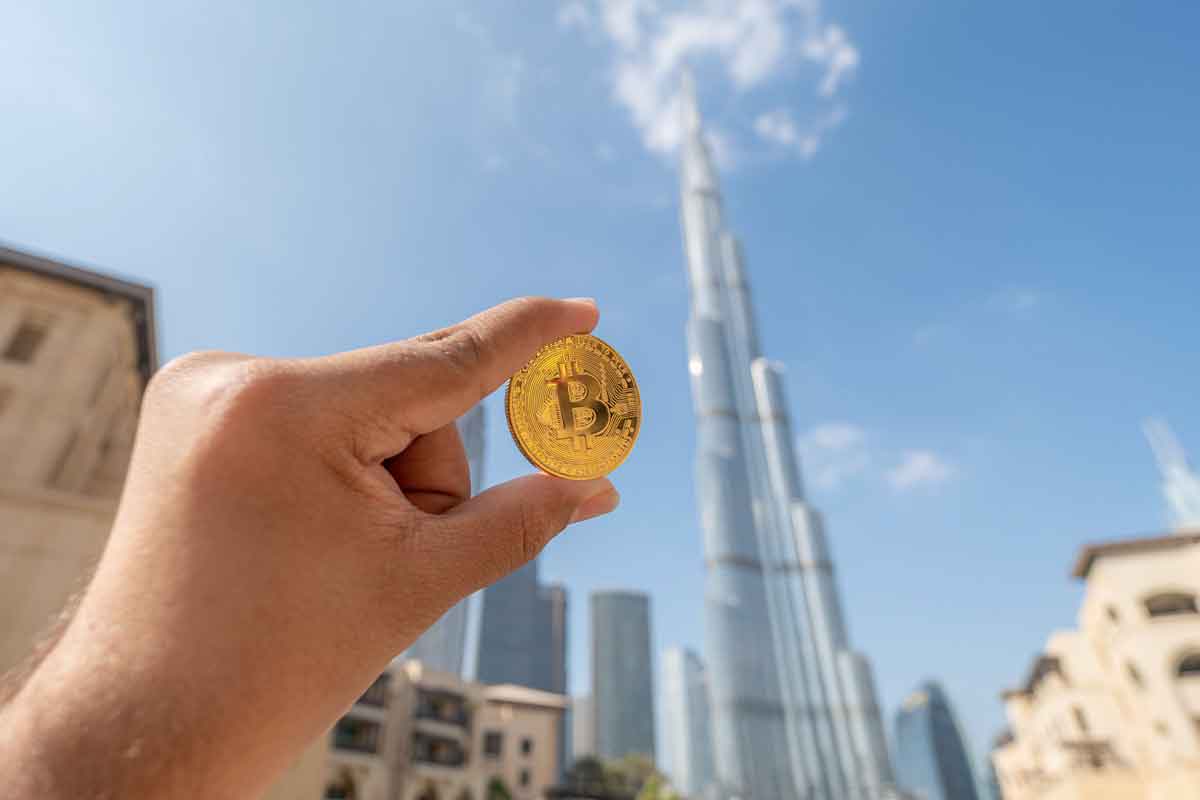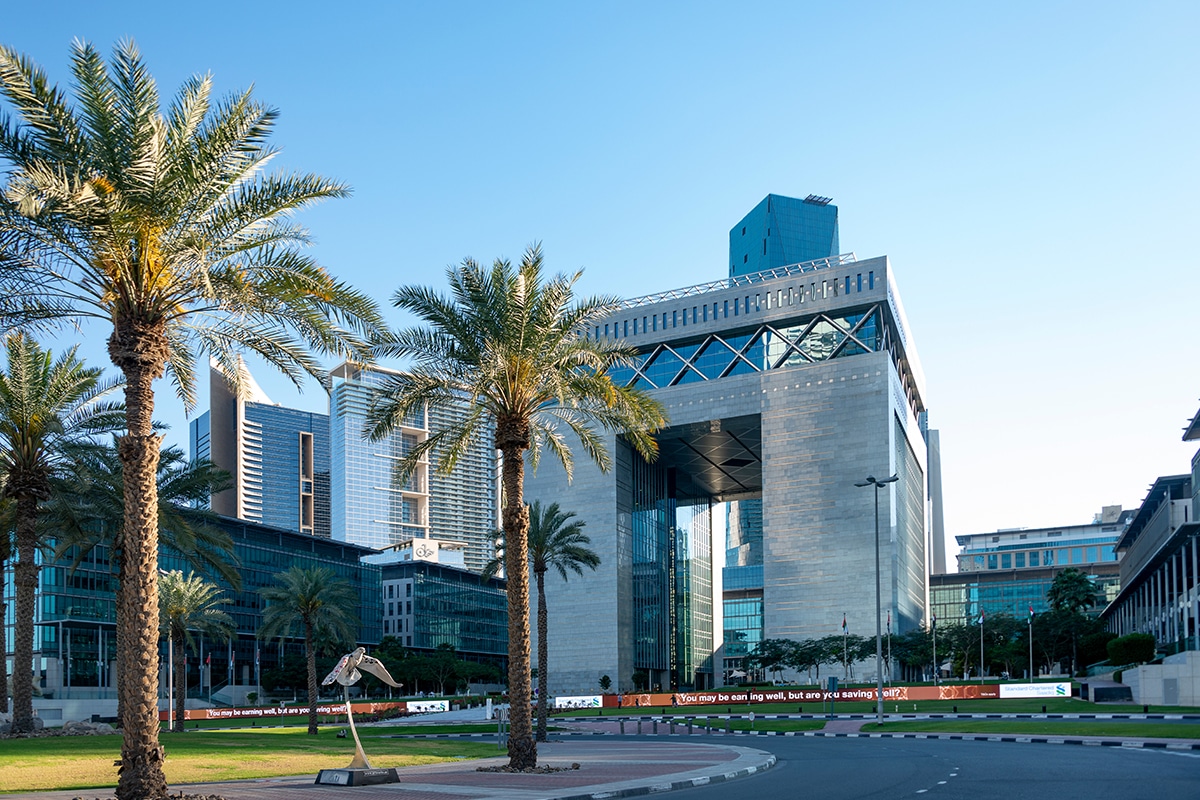The UAE is attracting hedge funds from across regions and across the board in a big way, aided by its strong and advanced regulatory frameworks and guidelines for investments in cryptocurrencies amidst the surge in embracing digital assets by Asian and other regional hedge funds, industry experts said.
Fund managers are also busy developing and introducing a slew of products in the digital assets sector for investors in the UAE – and also in the wider region – to bet on.
Most hedge funds are also participating in funding rounds involving promising firms coming up in the sector in the UAE and the region, while globally leading decentralised finance (DeFi) platforms like Aave and Compound are said to be launching services, enabling investors in the region to lend their digital assets for returns.
“The UAE is right now a hotbed for global hedge funds,” Gracy Chen, CEO of Bitget, told Arabian Business.
“Unlike the fluctuating regulatory environments in some Asian countries, the UAE provides a stable framework that captivates hedge funds seeking secure, compliant growth in crypto,” she said.
The CEO of Bitget, which has major operations in the UAE, also said the country is emerging as a leading hub for crypto and even outpaces many Asian markets due to its proactive regulatory stance, openness to innovation and expats.
Partnerships most important for sector’s growth
Industry insiders said access to growth partners is a major bottleneck for most crypto innovators, as investors watch the regulatory landscape to determine who they place their bets on.
With clearer road rules, hedge funds in the Middle East have a higher advantage than even their counterparts in the United States, fuelling the entry of more and more funds into the country, they said.
Alex Malkov, Co-Founder of Haqq Network, a leading player in the digital assets sector, said what is unique in the UAE is the provision of regulatory clarity for proactive crypto engagement in the Emirates.
“Initiatives like the Dubai Multi Commodities Centre (DMCC) have helped hedge funds and other industry entities find the right resources and partnerships,” Malkov told Arabian Business.
He said backing innovators is a productive and viable way to access the growing asset class, and that the entry of more and more hedge funds will help increase funding support to emerging UAE and regional and international firms in the sector.

“One of the most subtle strategies most hedge funds employ includes participating in funding rounds involving promising firms in the industry,” the Haqq Network Co-Founder said, adding that this will lead to a surge in adoption of the new asset class, which is growing in popularity around the world of late, especially in the Western markets.
About 37 per cent of Middle Eastern hedge funds are estimated to have already embraced decentralised finance opportunities.
UAE’s tax-friendly policies attract global crypto players
Industry experts said the current spike in the entry of hedge funds into the UAE is also because of the country’s regulatory move to grant full licence to crypto exchanges.
“This is important as it compares with their counterparts in the US, most of whom have faced lawsuits at some point over the past few years,” Malkov said.
“When crypto exchanges know that the government will not come after them for serving the public with their unique products, it can attract hedge funds and investors across the board,” he said.
The Bitget chief executive said UAE’s tax-friendly policies and strategic positioning as a global financial centre makes conversion of crypto to various currencies easier.
“All these factors make it the go-to destination for upcoming years for startups and people looking to expand their network in crypto,” she said.
Industry insiders said moves by firms such as Falcon Group and APEX Capital, besides the Saudi Arabian Monetary Authority, to integrate cryptocurrencies into their portfolio and also to create dedicated funds for the growing crypto ecosystem is also accelerating the widespread adoption of digital assets in the region.
“This growing DeFi opportunity is like banking redefined,” Malkov said, adding that “no country wants to shun financial innovation, a reality that investment products like spot Bitcoin and Ethereum are helping countries to drive in”.
He said these products are also lowering the barriers to entry for corporate investors and help regulators keep track of the market.
Some hedge funds are also learnt to be taking to staking, which gives a low-risk but relatively competitive return compared to traditional banking.






